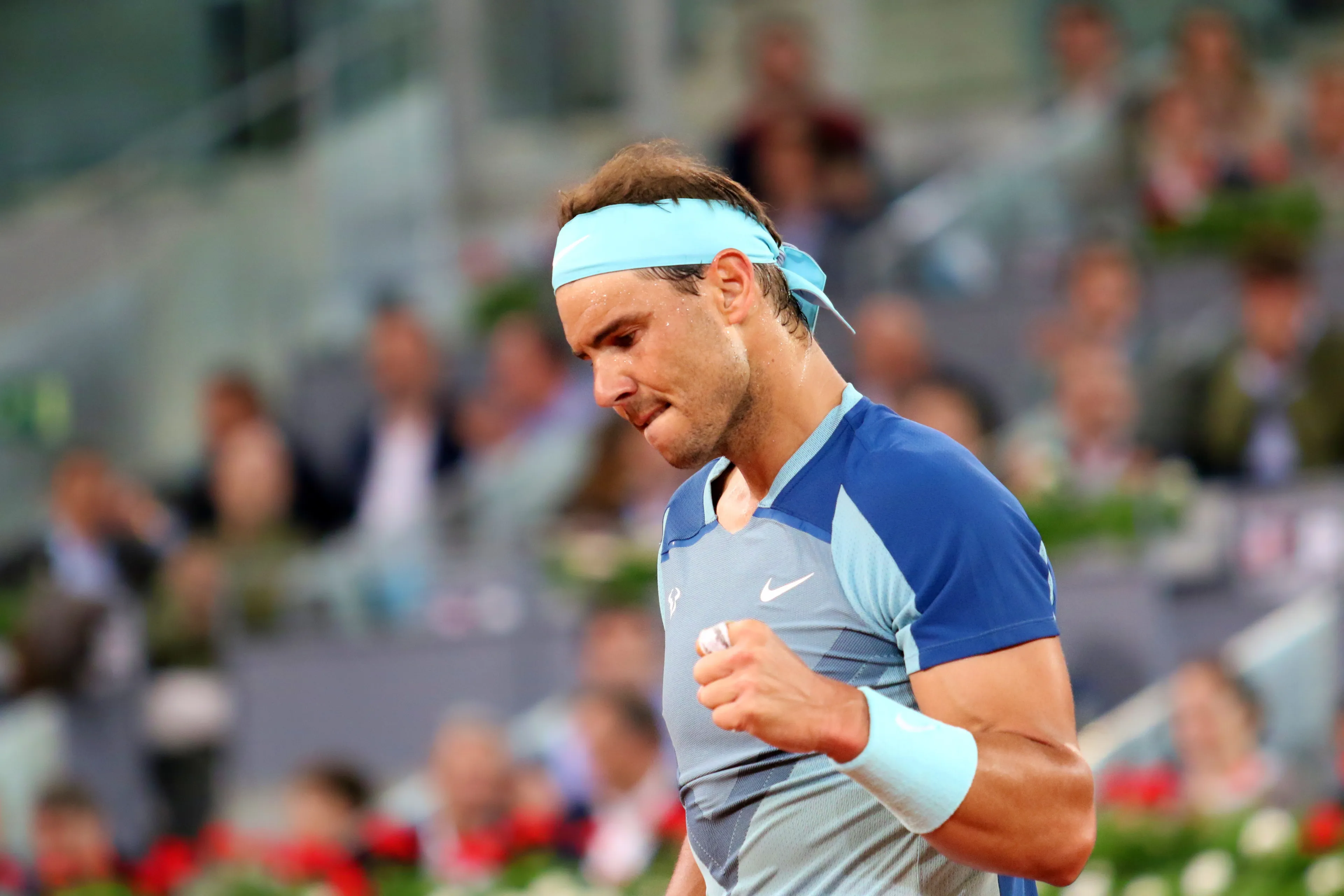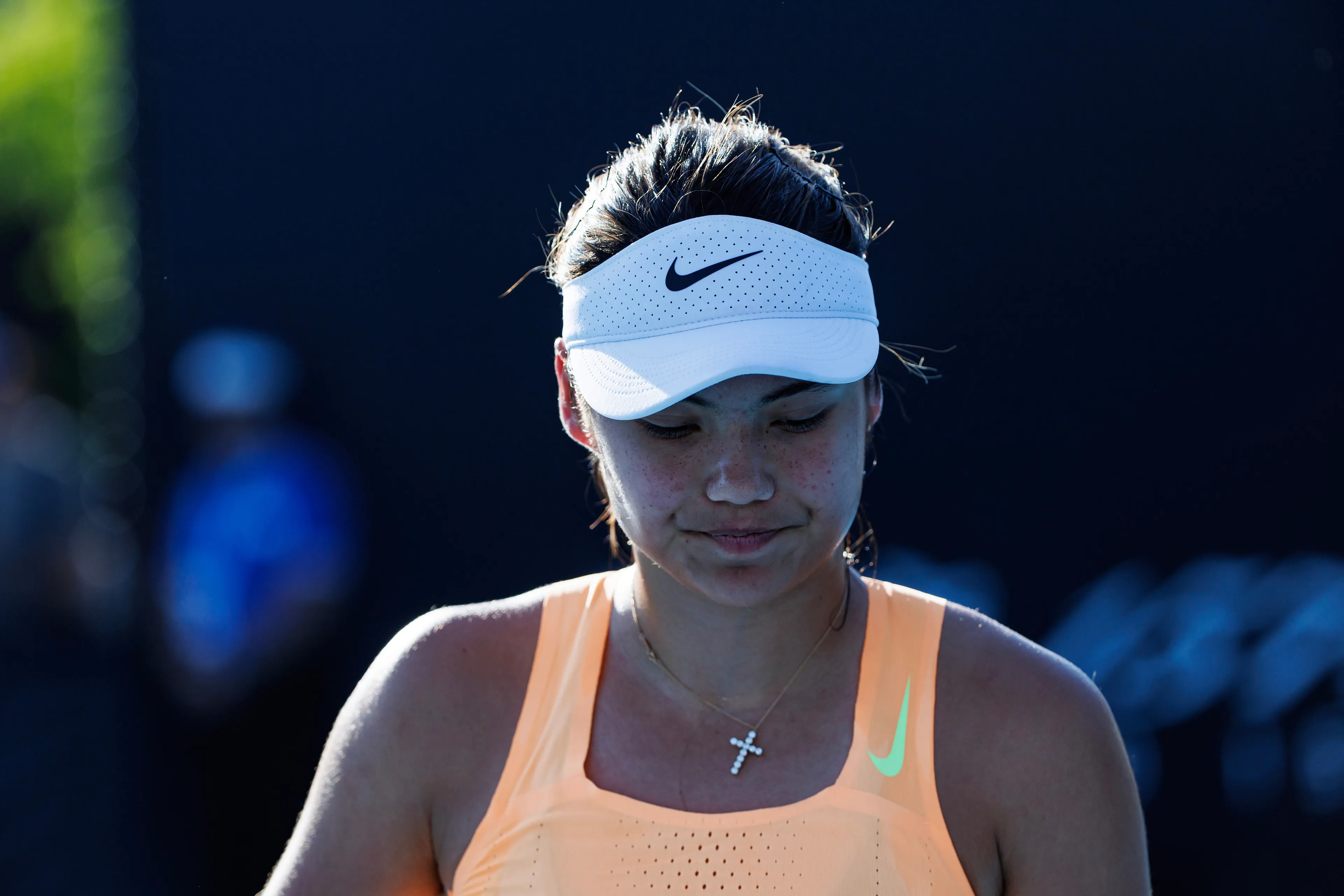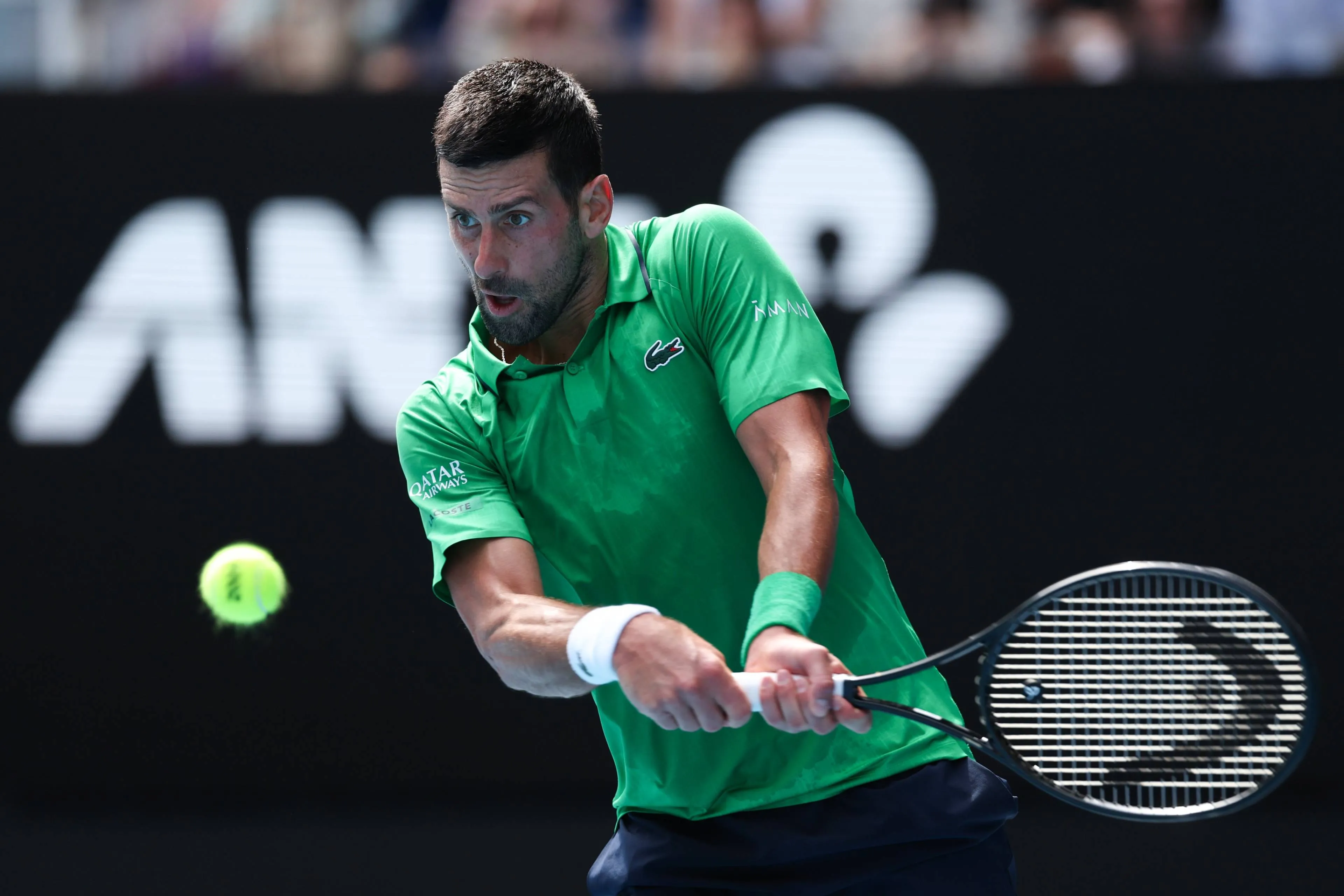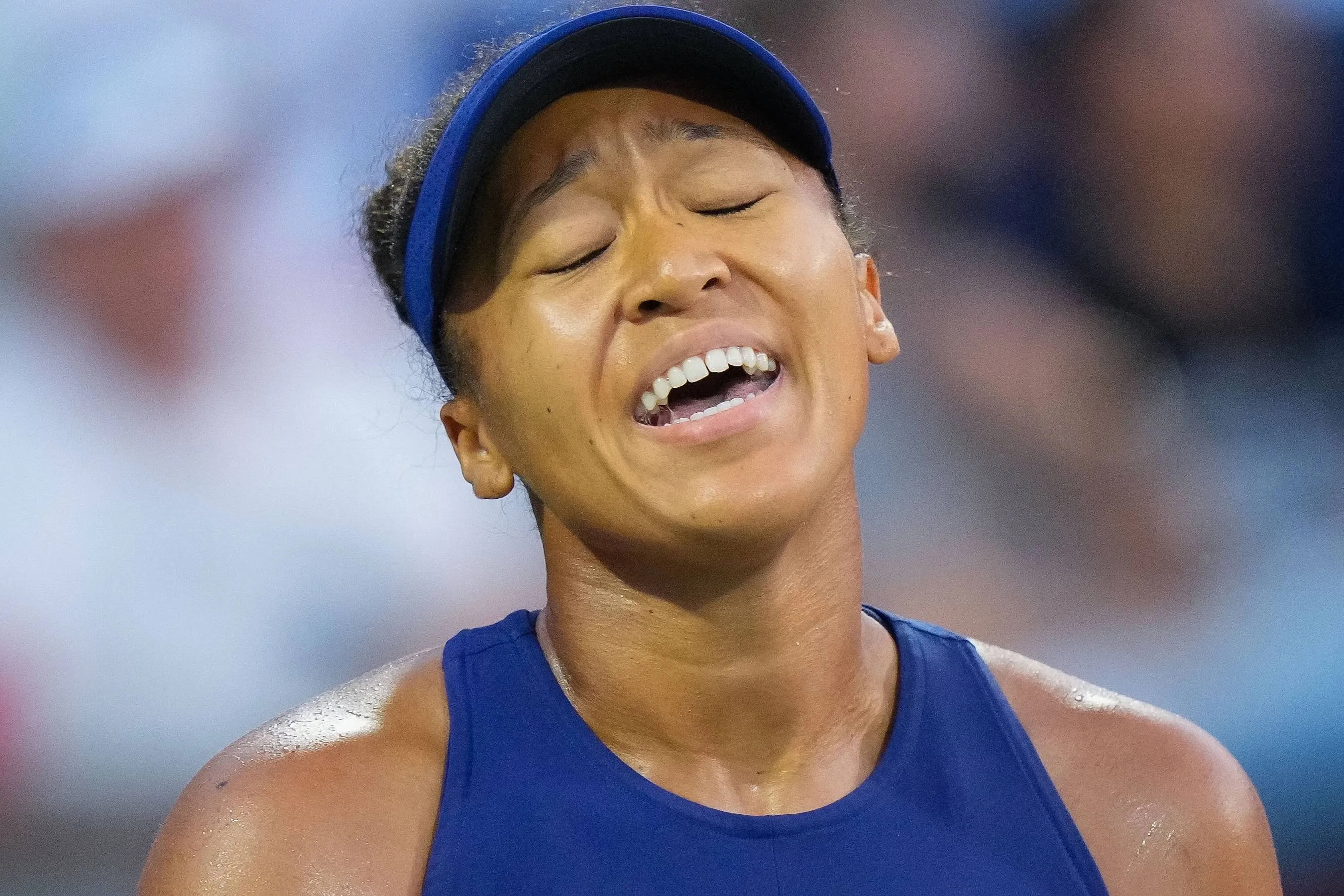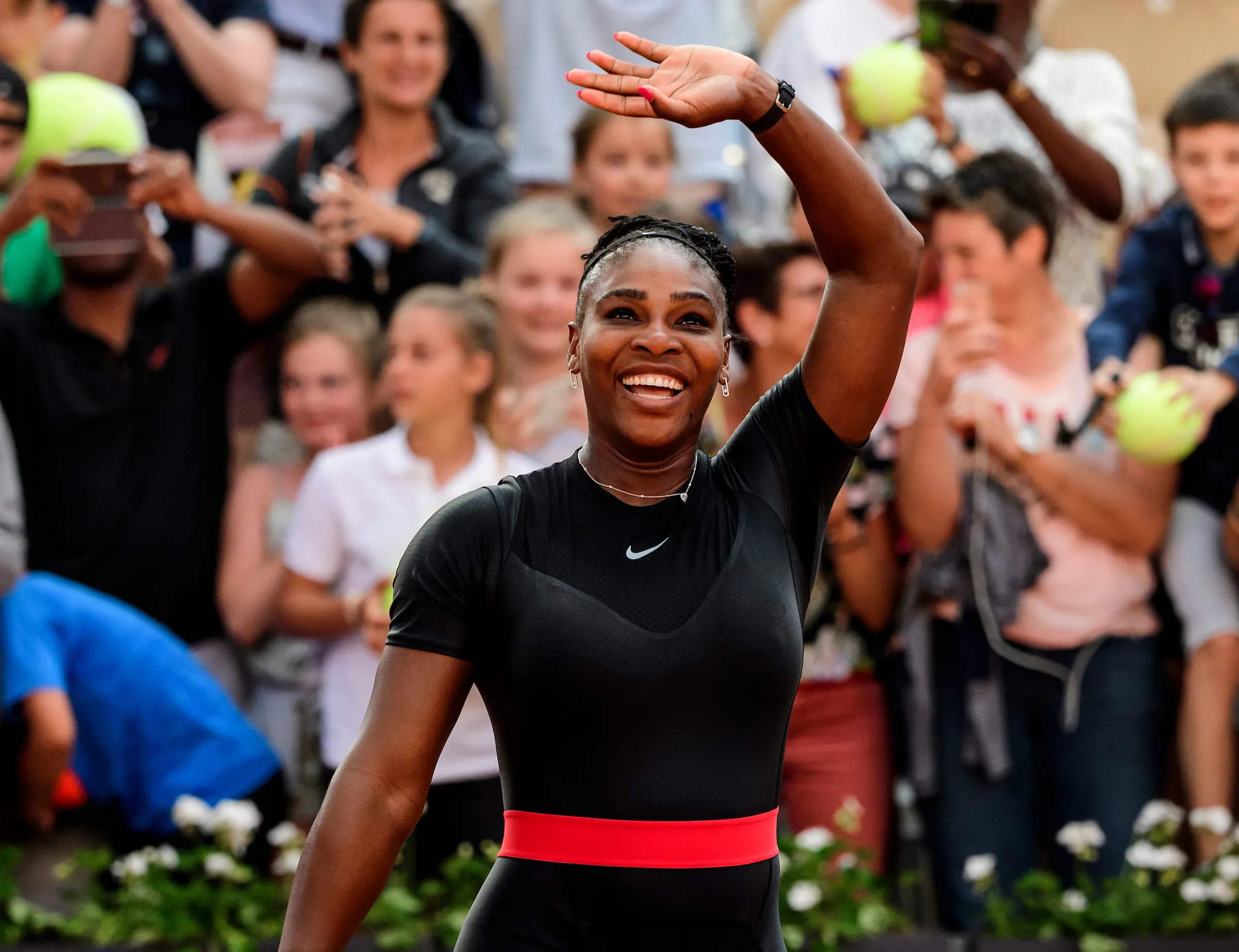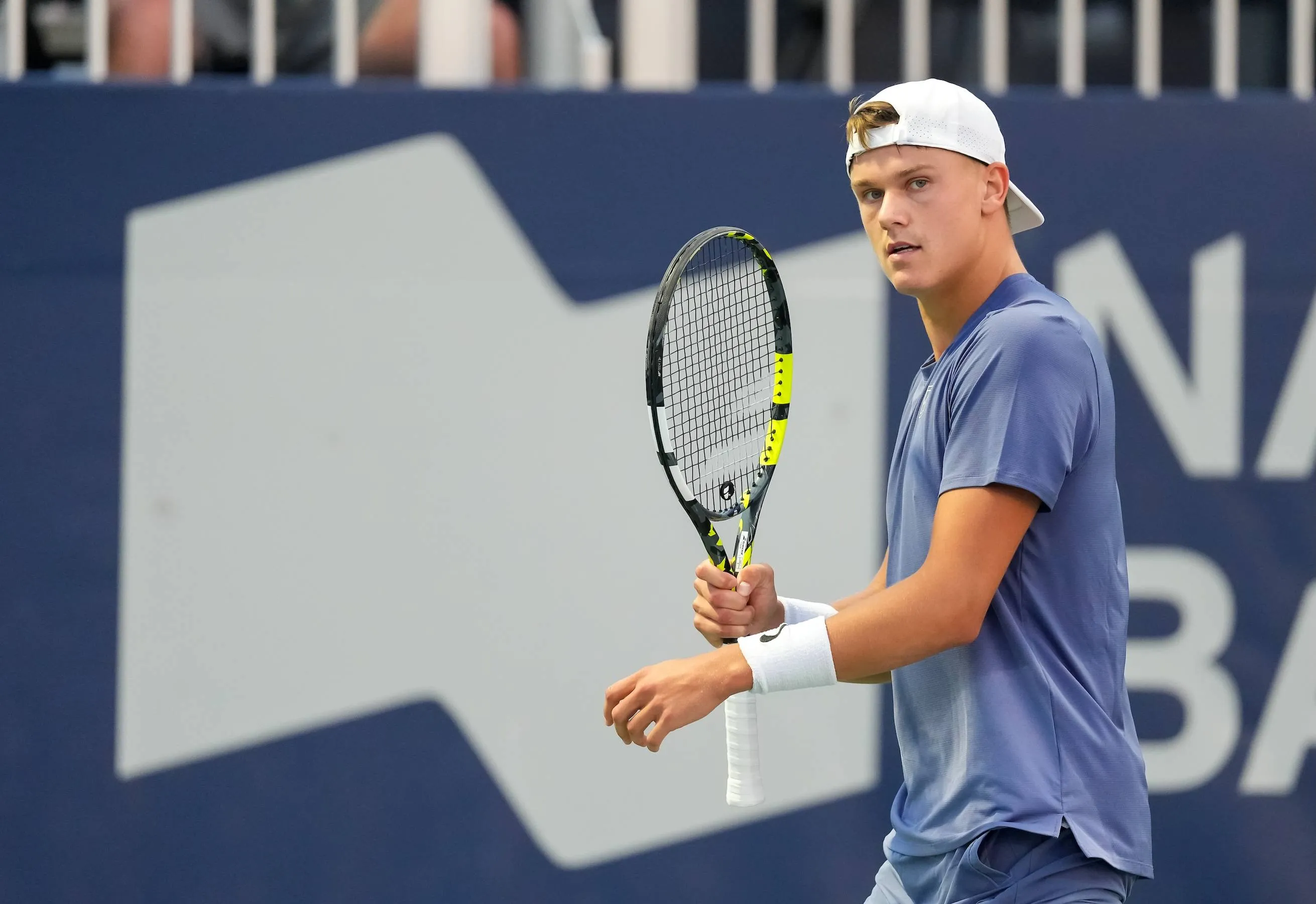Iga Swiatek - The 'why' and 'how' of her spectacular rise
WTASaturday, 18 June 2022 at 07:25
Updated at Friday, 19 July 2024 at 13:11
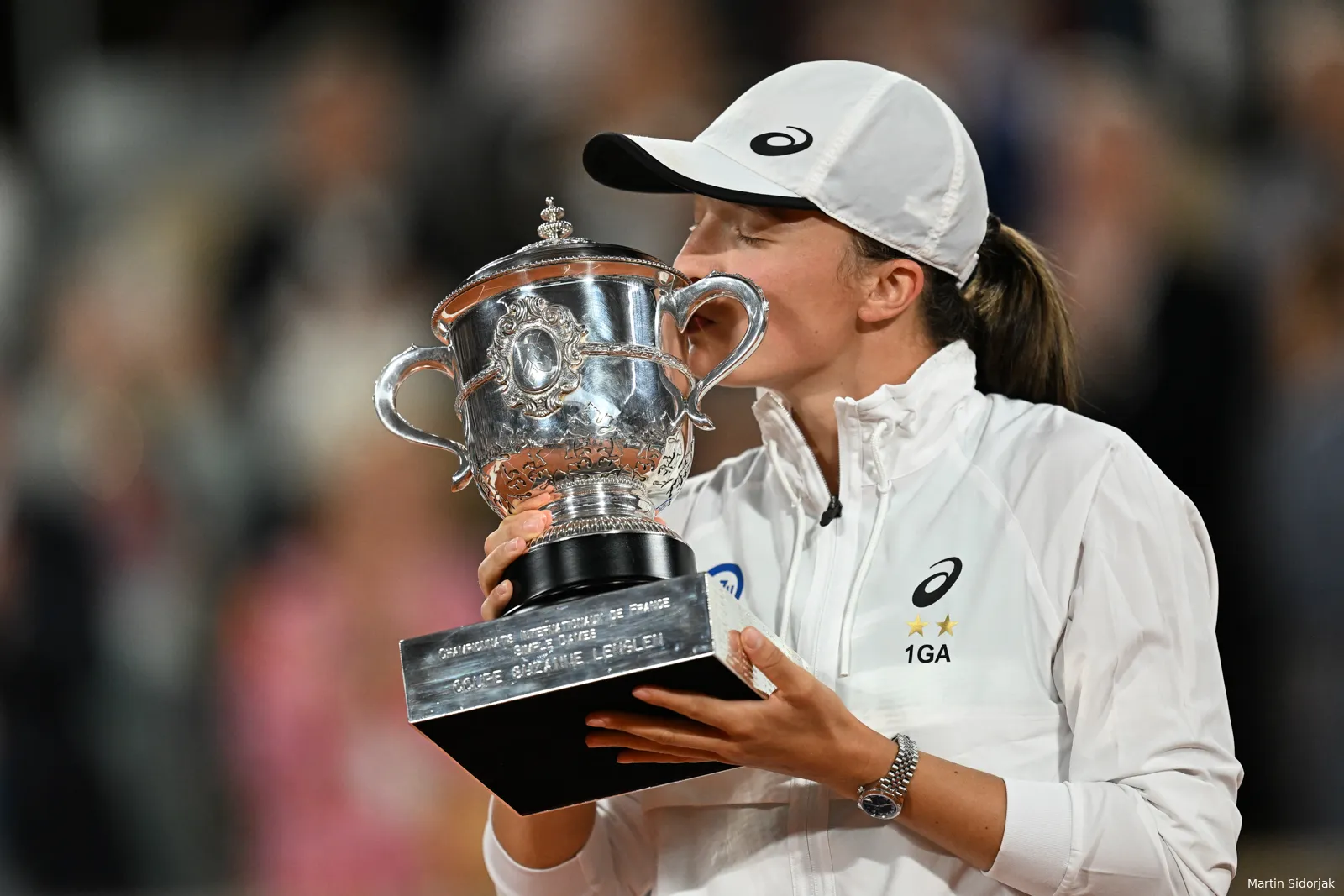
Iga Swiatek chased perfection for a long time, but only when she admitted that she was not perfect did she find 'tennis perfection.'
"I flew like a bird."- Stefanos Tsitsipas
That’s how Stefanos Tsitsipas explained what had happened in his majestic comeback win over Rafael Nadal in Australia last year. As artistic and well-spoken as the Greek playe hopes to be, it was a strange way of explaining things.
He felt as if he flew around the court, but those who watched him understood he was simply ‘in the zone’. Yes, the zone is a real thing, and no, there is no better way of explaining it because poets don’t write about sports. Usually.
The zone is a state of mind where things work instinctively. You don’t think, you just are and it works out. Getting into the zone in tennis is incredibly hard. It’s a slow sport, there are a lot of pauses between play and many distractions, thousands of them staring at you at all times. So when it happens, it’s quite special.
"When I would lose before, I felt as if my whole life is terrible, it’s like the foundation of my existence is destroyed. All of that simply because I am losing a tennis match."- Iga Swiatek
Many great players know what the zone is. Novak Djokovic knows the zone, Marin Cilic has one of the most amazing 'zones' in tennis. His 'zone' was shown recently at Roland Garros and he's almost unplayable when he enters it.
"I was sitting during a changeover and my thoughts were empty. Not negative nor positive, I was just sitting there and relaxing. That’s how I want things to work."- Roger Federer
Swiatek knows what it means to be in the zone. She knew it even before her incredible 2022 run. Everybody hailed Emma Raducanu’s US Open run as incredible, and it was, but the Polish player did a fairly similar thing one year earlier, yet there was nowhere near the same buzz.
Ranked 54th in the world, 19-year-old Swiatek raced towards the Roland Garros trophy without dropping a single set. The most games she lost in a match was 5.
After winning that tournament, her improvement was apparent but consistency issues still arose from time to time. Some would say it’s normal for a young player, and that is true, but she didn’t care she was young.
She wanted to know how to get into the zone because she believed she could do it. It’s not uncommon for young people to have a certain naive youthful curiosity, but it’s the key to everything.
"Consistency and stability are the most important things for me because too many times I’ve played well for a few rounds only to suddenly lose my level without me knowing why it happened. I can control it now."- Iga Swiatek
Swiatek won the last 35 matches she played. That doesn’t happen without being in the zone. Unlike most, the Pole is keeping herself in the zone for months, not only a single match.
Whenever something like this happens, many wonder what the secret is. There isn’t one. But how could that be? She made a very difficult decision to start the year, but obviously, it was a good one.
She fired her coach of five years, which was shocking to many, but it needed to be done. Her current coach is Tomasz Wiktorowski, who used to coach Agnieszka Radwanska, a player Swiatek deeply admires.
With him, she became a bit more aggressive, mostly because she now stands closer to the baseline. This allows her to crush her opponents with incredible intensity and her topspin forehand.
Immediately after winning the 2020 Roland Garros, she hired analyst Mike James who used to work with Stan Wawrinka to plan out her season meticulously. Her famous working relationship with her psychologist, Daria Abramowicz, dates back to 2019, and it’s well known.
Read also
That’s all it took. She didn’t have some major psychological issue, but she was simply curious to know as much as possible. She didn’t care what people might think of her choices; she was too eager to learn.
The relationship with Abramowicz is key because she seems to be very good at what she does, and she was an athlete herself. She understood what it meant to be injured, in pain, burned out, and sick of a sport you love.
"We talk about many positive and negative things. Perfectionism doesn’t help us so we tried to create a positive passion, determination and a strong fighting spirit. You need to embrace your potential when you’re chasing excellence. You try your best but at the end of the day you’re human and there is more to your life. You’re not worth less simply because you lost a tennis match."- Daria Abramowicz
Sound familiar? Scroll up to the first quote by Swiatek. For the better part of her career, the Pole naively searched for perfection missing the point. She was too focused on the result as many of her young colleagues are.
Considering how young she was when she achieved a major result it’s not hard to imagine why she was so hung up on it. But that was the wrong approach. If you chase something that isn’t there, you are assuredly going to be disappointed.
Constant disappointment will wear on you and eventually, you’ll lose self-belief. By searching for perfection you also set up very grand expectations and with them come imperatives. That’s a very bad spell for a sport where the individual controls everything. There is nobody to share the blame.
"I’m generally pretty emotional. When emotions take you over you can’t see things clearly. But at this moment, the picture I have is much clearer. When I would lose before, I felt as if my whole life is terrible, it was like the foundation of my existence is destroyed. All of that simply because I am losing a tennis match."- Iga Swiatek
Nothing demonstrates her previous struggle better than when she broke down against Maria Sakkari at the WTA Finals in Guadalajara last year. She admitted after the match that she was desperate to do well, so when she realized she would lose, she could not take it. She cried on the court with the whole world watching.
But here she is, now, on the top of the tennis world. Why? Well. She stopped blindly chasing something that wasn’t there, and by doing that, she became perfect for a brief moment.
And she flew like a bird.
Read also
Loading
